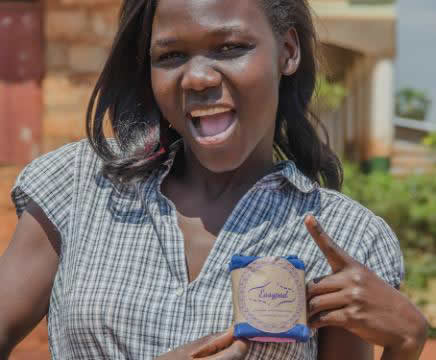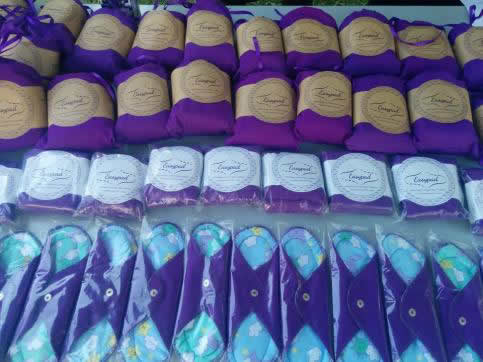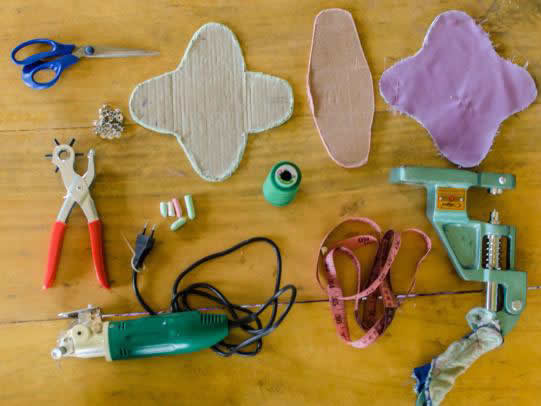World Development Small Grants Projects Supported
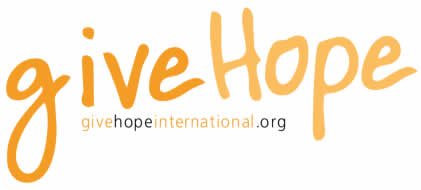
Give Hope Trust is a small UK registered charity that operates in Zambia and Ethiopia to give children a chance in life through education. While the organisation’s primary focus has been on education projects, they have also established a beekeeping project in Zambia using ‘hybrid’ top-bar hives (basic top-bar hives hoisted into trees to reduce pest attacks). This method has proved successful in achieving low absconsion rates and high honey yields, and in 2012 a Malawian branch of Give Hope International was established by two UK volunteers to introduce this beekeeping method to the Kunkhongo community in Malawi.
In 2014 Give Hope Trust had an annual income of £55,000 and TWF awarded the organisation a grant of £2,500 to support the development of the beekeeping project in Malawi. This grant has enabled the purchase of beekeeping equipment, the construction of further hives, and the establishment of Kunkhongo Bee Keeping Committee. Give Hope plan to report over a two-year period on the increase in honey harvest and income generation from honey sales.
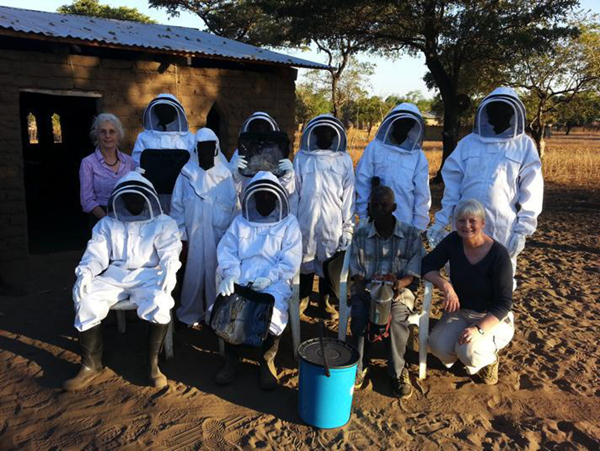
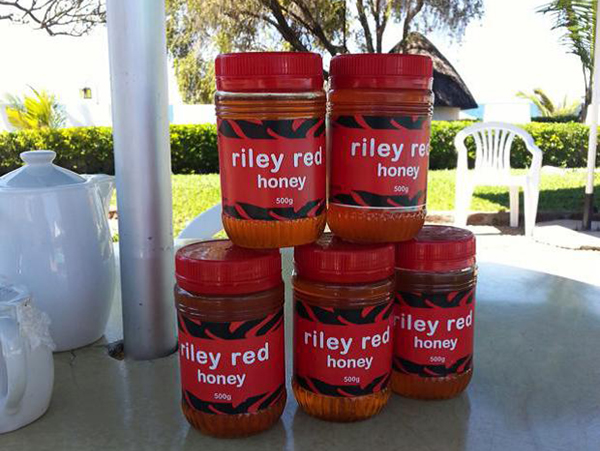
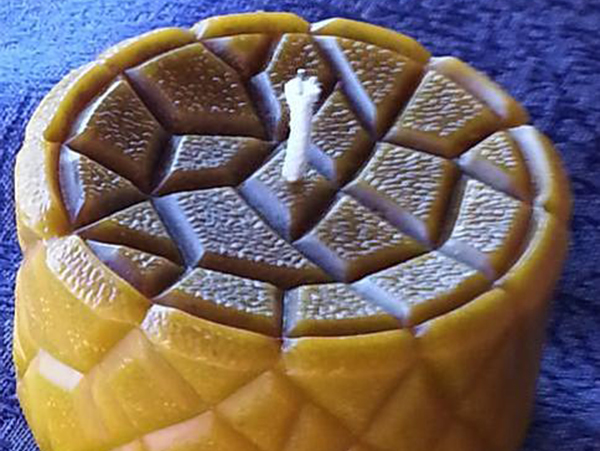
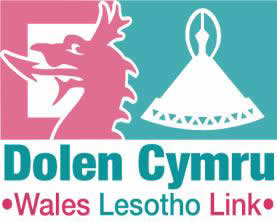
Dolen Cymru – Wales Lesotho Link has been supporting links between Wales and Lesotho in education, health, governance and civil society since 1985. It enables teachers, managers and medical students from Wales to carry out work placements in Lesotho and also supports approximately 50 Wales-Lesotho school links. In 2014 the organisation had an annual income of around £260,000.
In 2013 TWF awarded Dolen Cymru a grant of £8,100 for a one-year project with two Welsh teachers delivering teacher-training workshops to 350 teachers from 149 schools and 5 district Education Officers in Lesotho. The workshops were designed to support Lesotho teachers to adapt to National Curriculum changes by providing training in literacy, co-operative learning strategies, creative use of resources and implementing reading schemes. A second grant of £7,600 was awarded in 2015, with additional funds contributed by volunteer teachers and Dolen Cymru. This was for a second phase of the project to reinforce previous training so that Lesotho teachers and District Education Officers are successfully implementing the practices learnt and able to train teachers in other schools. The impact of these trainings will be evaluated in relation to improvements in teaching practice and in pupils’ reading abilities.
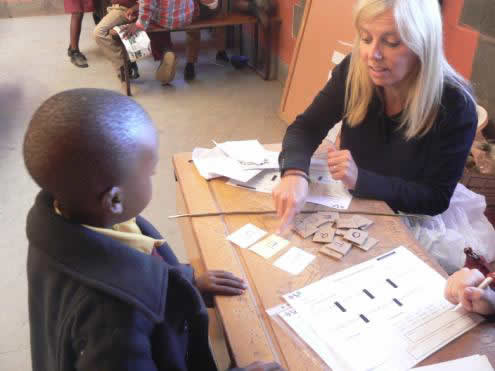
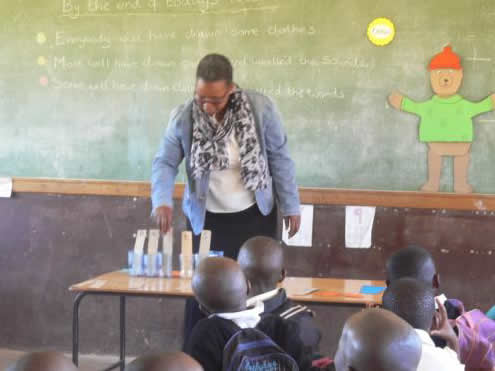
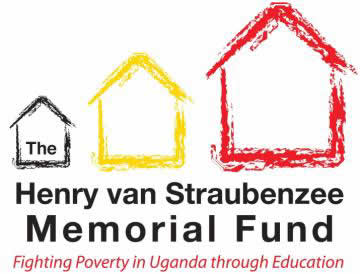
The Henry van Straubenzee Memorial Fund (HvSMF) is a volunteer led UK charity that was set up in 2007 by Claire and Alexander van Straubenzee in memory of their son, who died in 2002 aged 18. The organisation has an annual income of around £300,000 and aims to improve the quality of education in south east Uganda by partnering with local schools and investing in buildings and educational resources. HvSMF take a number of factors into account when selecting which schools to support, including sanitation and water needs, teaching of hygiene principles in school and attitudes of teaching staff and district education officers. HvSMF projects are overseen by a Project Director who lives in Uganda, and building projects are carried out by local contractors who have been working with HvSMF since 2007. To date HvSMF have partnered with 39 schools, currently benefitting over 27,000 children.
TWF first supported HvSMF in 2012 with a grant of £10,000 towards the construction of teachers’ accommodation, plus teachers’ latrines and washrooms, and provision of 48 bunk beds at Bupadhengo Primary School. In 2014 TWF awarded HvSMF with a second grant of £9,375 to cover the costs of renovating and constructing new latrines, providing pupil washrooms and two 20,000 litre water tanks at Kisadhaki Nursery and Primary school. Project impact will be monitored through bi-annual in-situ visits by the trustees, consultations with staff and students, and monitoring of attendance and exam results.
www.henryvanstraubenzeemf.org.uk
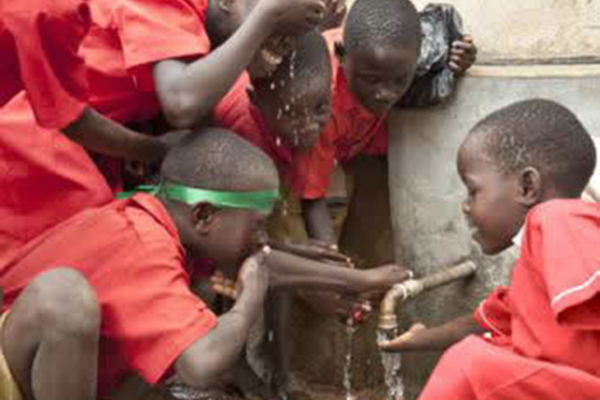
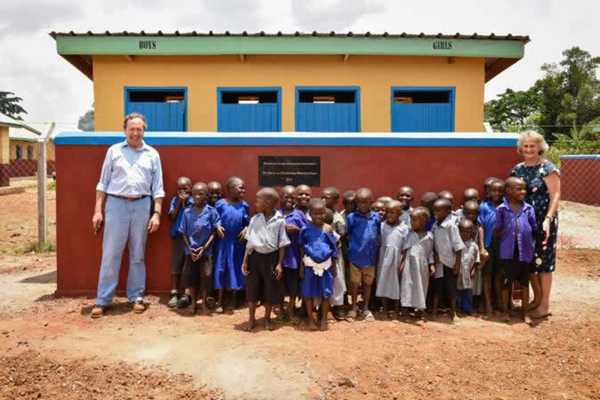
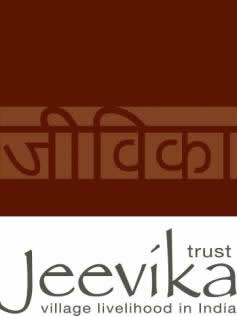
Jeevika Trust supports livelihoods, WASH and capacity building projects in rural India with a strong focus on women and children. Jeevika is a UK-based charity with an annual income of around £120,000. The organisation partners with five NGO’s in India who take responsibility for project delivery. One of Jeevika’s partners is Jeevan Rekha Parishad (JRP), a women-led organisation in Odisha with experience of working with Tribal communities to improve sanitation and provide safe drinking water.
In 2010 TWF gave Jeevika Trust a grant of £8,000 towards a £33,000 Rural Women’s Livelihood project co-delivered with JRP. This project delivered village and school hygiene training programmes, provided safe water and sanitation facilities and income-generation activities to 1,600 people in two tribal villages in Odisha, and established women’s Self-Help Groups and community groups to manage and sustain the facilities provided.
A second grant of £12,000 was awarded in 2014 to Jeevika for JRP to undertake a one-year project working in two Tribal villages in the Nayagarh District. The project includes awareness raising campaigns and legal training programmes related to water and sanitation rights, as well as training and assisting villagers to install household and school toilets and rainwater harvesting equipment. The project is expected to provide the 550 villagers with improved access to safe drinking water and sanitation facilities leading to fewer incidences of water-borne diseases and improved school attendance.
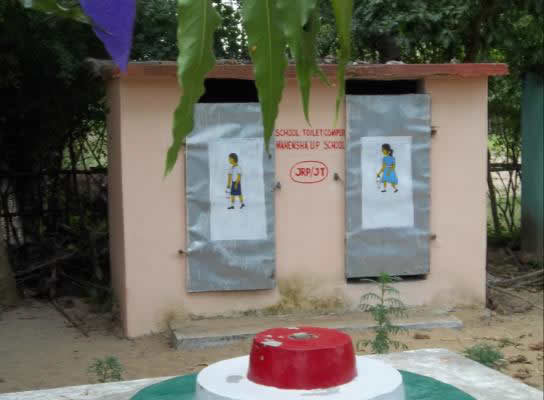
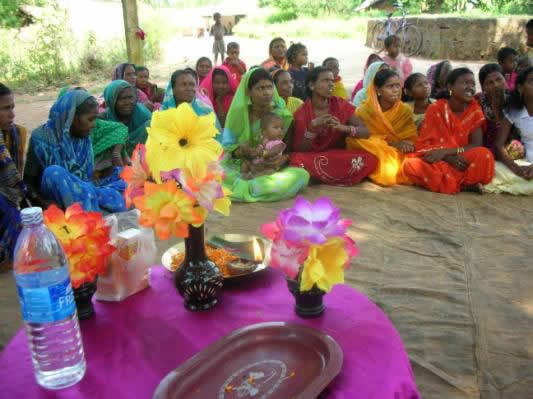

Child.org is run by a small team of UK Trustees, staff and volunteers based in London, Bristol and at the University of Kent. The organisation was established in 2015 through the joining of two UK charities, Seeds for Africa and the Kenyan Orphan Project. Child.org has a mission to give every child an equal opportunity by removing the overwhelming obstacles that stand in their way. Their work is primarily in Africa, and includes a “Feeding our Future” programme of food gardens and breakfast clubs in Uganda, Ghana and Sierra Leone and an innovative new HealthStart network of schools in Kenya. All their schools provide data that shows the impact a daily breakfast can have on improved attendance, concentration and academic attainment. Their programmes all aim to have a sustainable impact on the communities they work with.
In 2013 Seeds for Africa had an annual income of £80,000, and TWF awarded a grant of £9,700 to implement their Feeding our Future project and to install water tanks in St. John Kaama Primary School in Uganda. This grant will provide a safe water source and establish a sustainable feeding programme for the 250 pupils, reducing water-related illness and leading to improved attendance and academic performance.
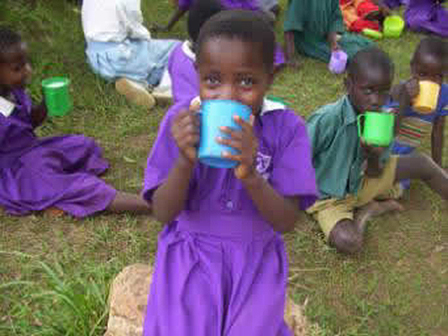
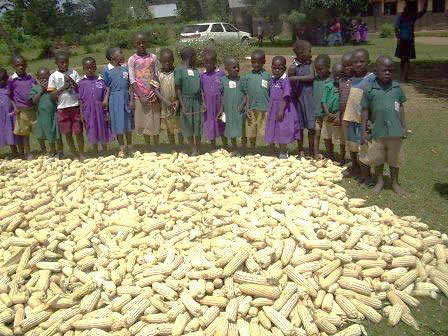
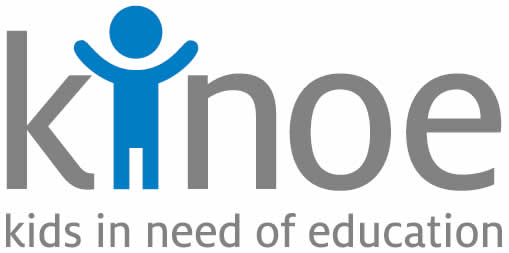
Kids in Need of Education (KINOE) is a UK organisation with an annual income of around £150,000. The organisation’s 3 part-time staff and 12 volunteers support Nepalese and Indian organisations in their work to improve education for disadvantaged children. Through their in-country partners, KINOE currently delivers projects that include student sponsorships, educational and vocational training support for girls and women who have been sexually exploited, and supplementary education for children living in urban slums. KINOE has also begun working with a relatively new Nepalese organisation, Teach for Nepal, which recruits and trains Nepalese graduates and places them for two years in rural government secondary schools to teach Maths, English or Science and to work with schools to improve the overall quality of teaching.
In 2015 TWF gave KINOE a grant of £10,000 to cover the costs of recruiting, training and monitoring two Nepalese graduates within Teach for Nepal’s programme. In 2014 TfN placed 52 graduates in 25 schools, and the organisation aims to be supporting 120 fellows in 40 schools by 2016. The impact of this project will be assessed in relation to the number of students enrolled in participating schools, changes in student and teacher attitudes and in the longer term improvements in students’ academic performance.
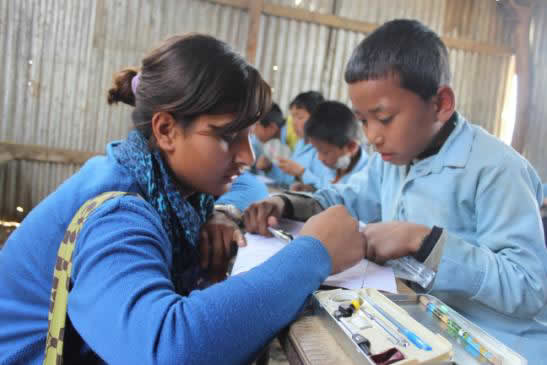
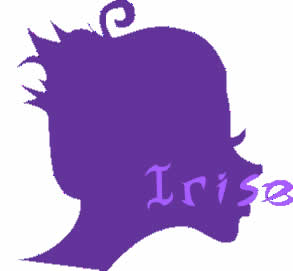
Irise International is a small UK charity that works to support the education and empowerment of women and girls in East Africa. It was founded in 2011 in response to Kenyan school girls’ accounts of their experiences of menstruation and its impact on their school attendance. Since then Irise has been working to develop a replicable and sustainable solution to this issue. Irise has a rapidly expanding team in Uganda with a UK based board of trustees and advisors and strong links to the School of Health and Related Research at the University of Sheffield.
TWF awarded Irise a grant of £10,000 in 2013 as a contribution to a project to establish a locally-run social enterprise making affordable reusable sanitary pads in Jinja, Uganda. The project was co-delivered by Irise and their in-country partner, RCMI, and grant monies were used to purchase sewing machines, deliver business training, and establish Irise Uganda Limited as a registered Ugandan company. By the end of its first year of operation the enterprise was producing pads at a cost of £0.31/pad and had provided more than 30,000 pads to 6,000 girls. In 2015 TWF awarded a grant of £30,000 split over two years to assist Irise Uganda Limited to increase their capacity for producing and selling reusable sanitary products, including a pilot instalment payment scheme and a sales strategy to enable local women to become entrepreneurs and sell the products on commission in their own communities. Over the next two years, Irise expect to produce nearly 400,000 pads and reach 70,000 girls.
